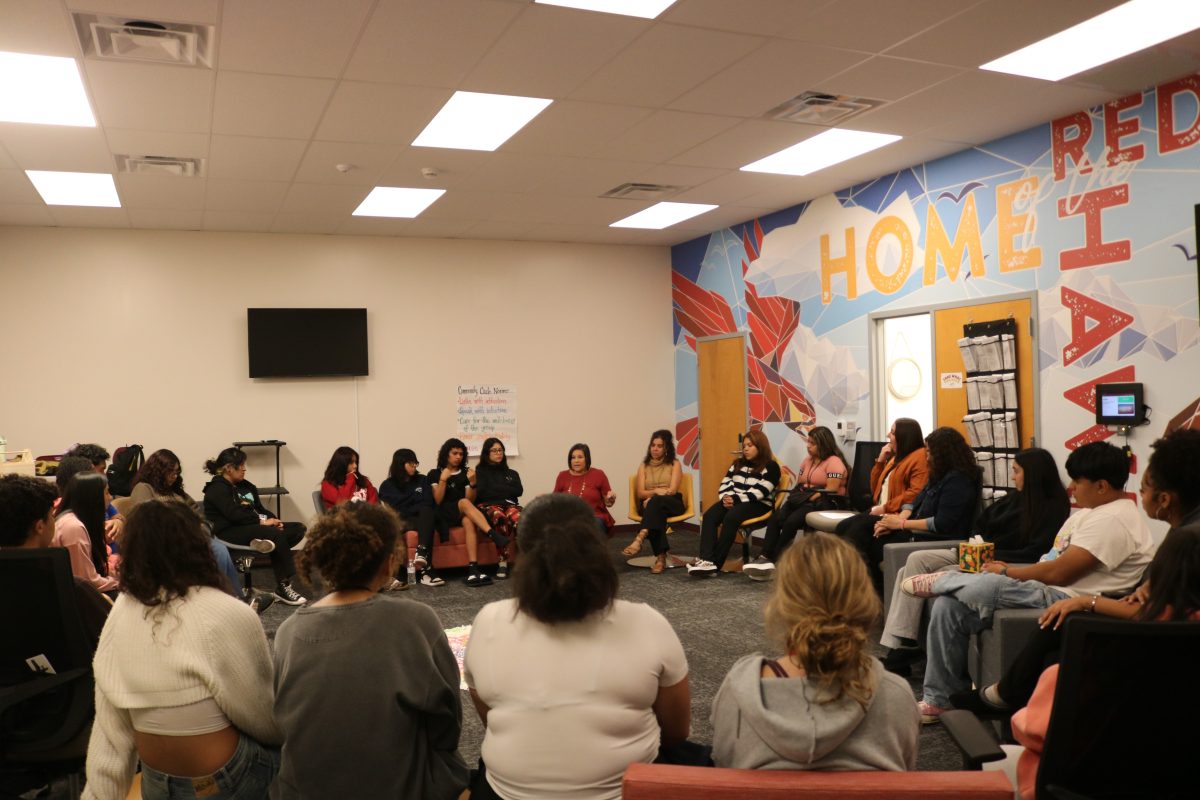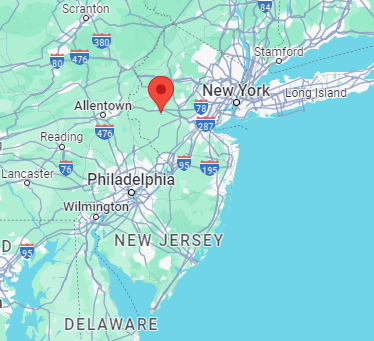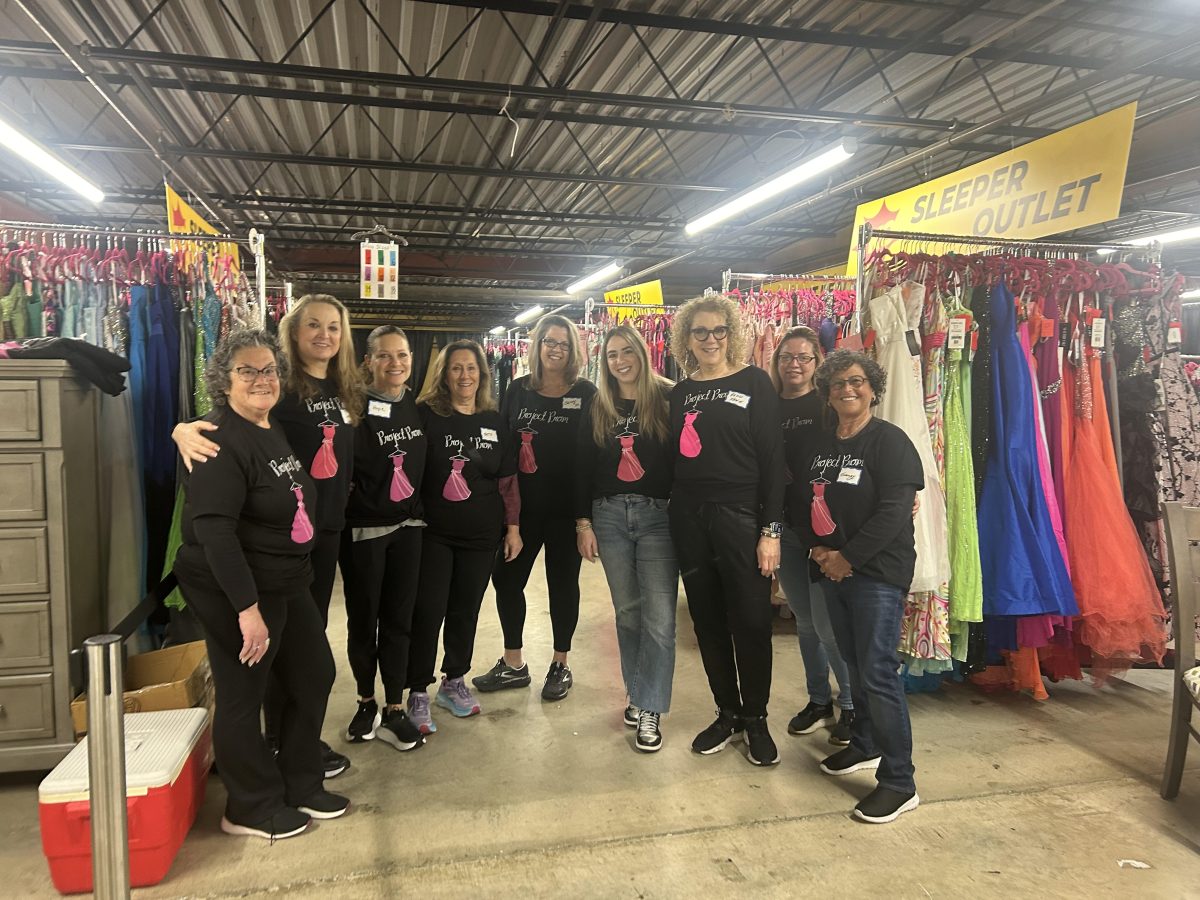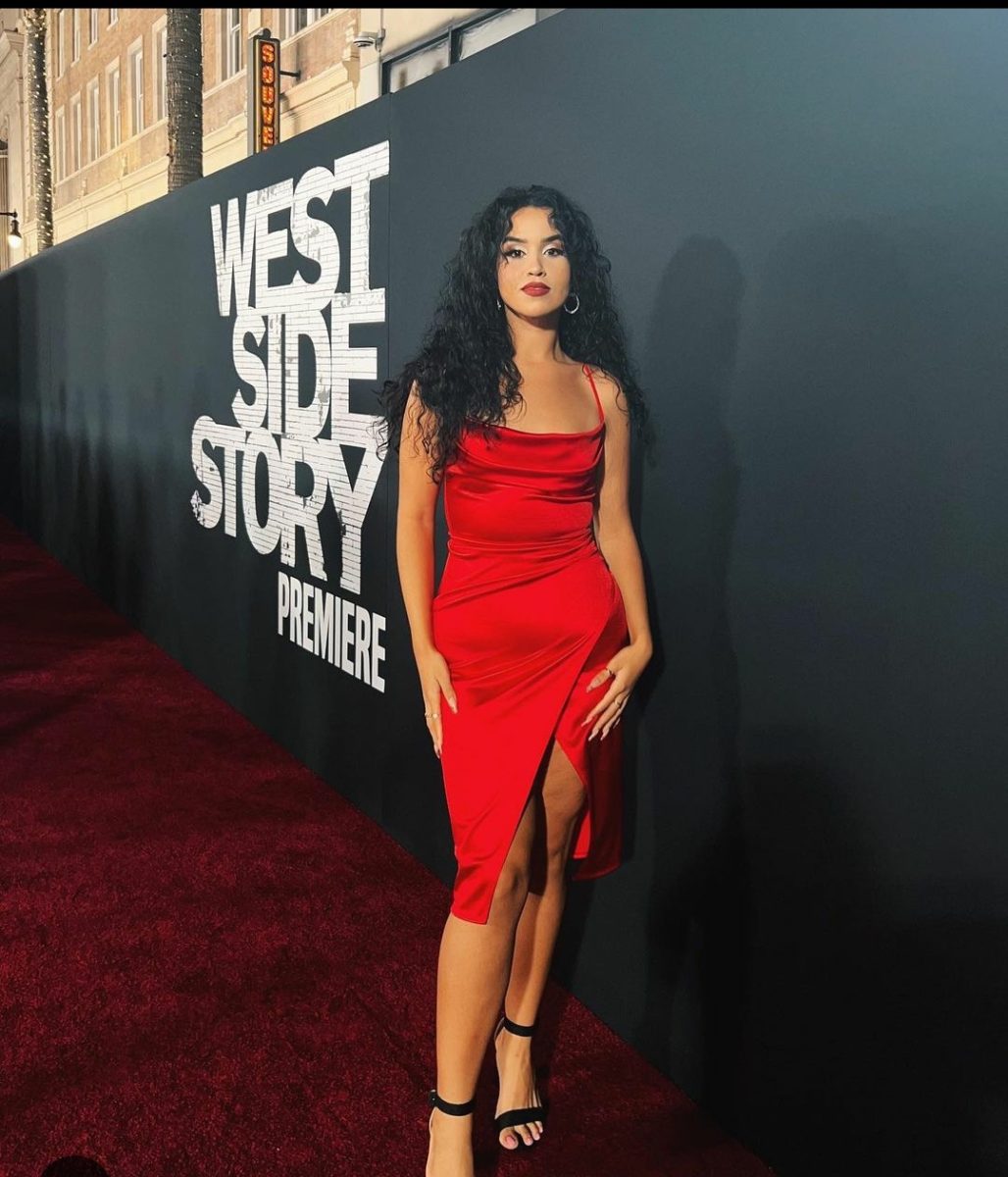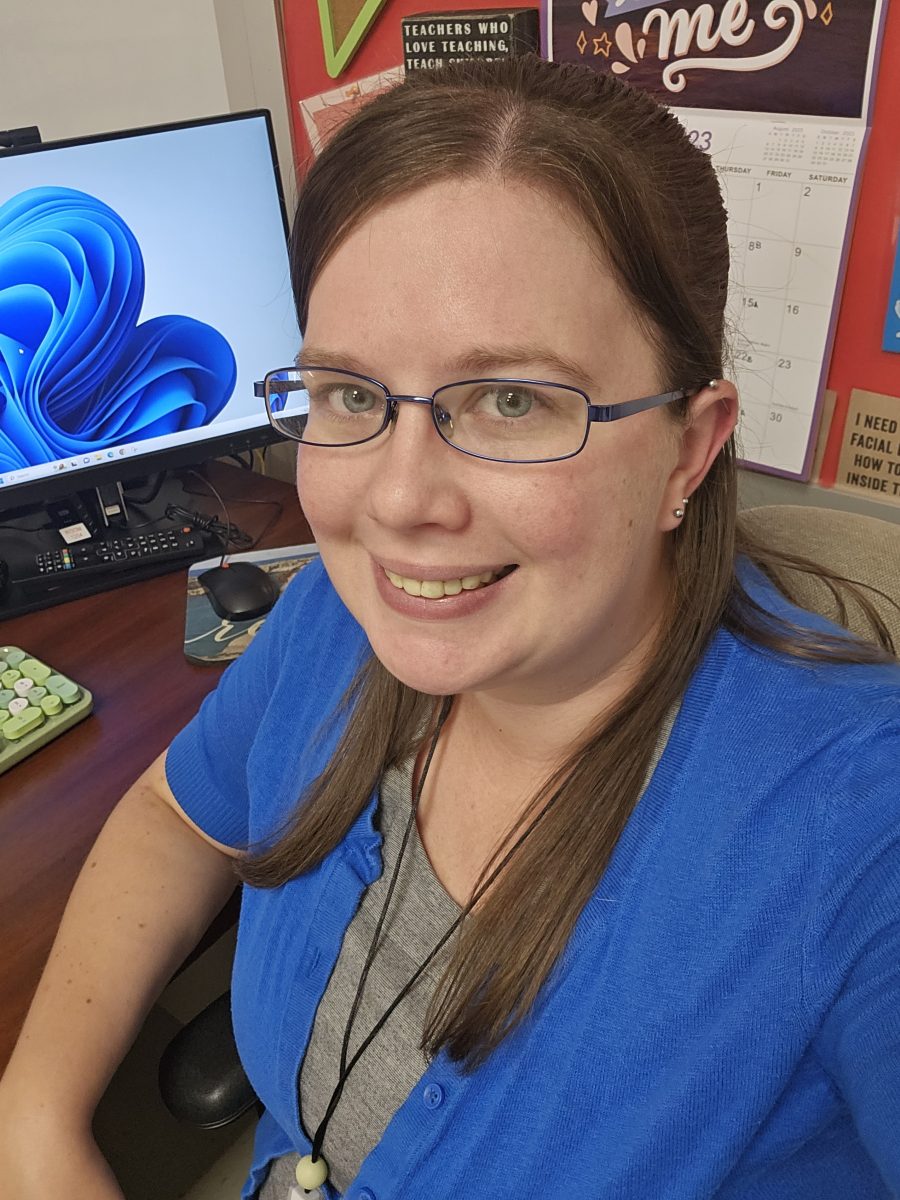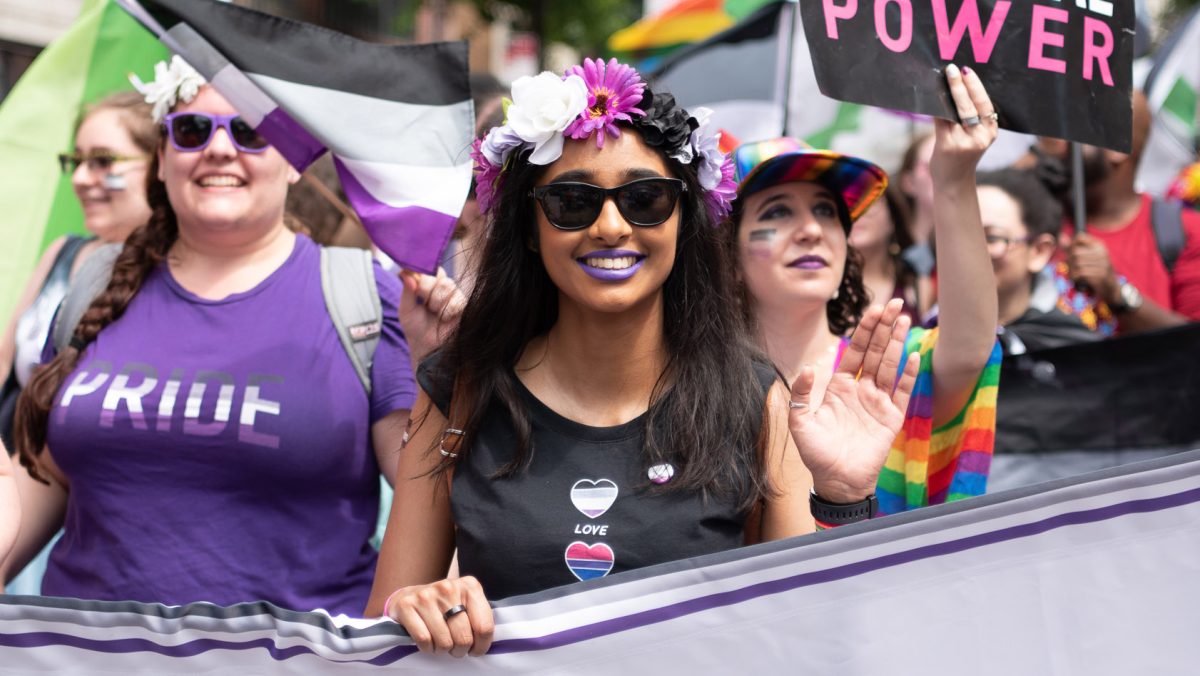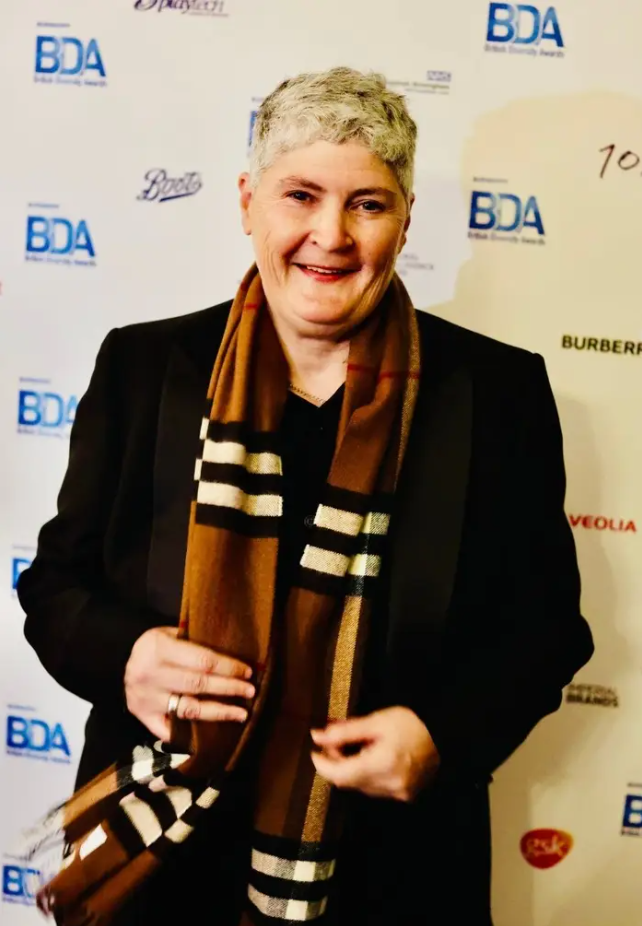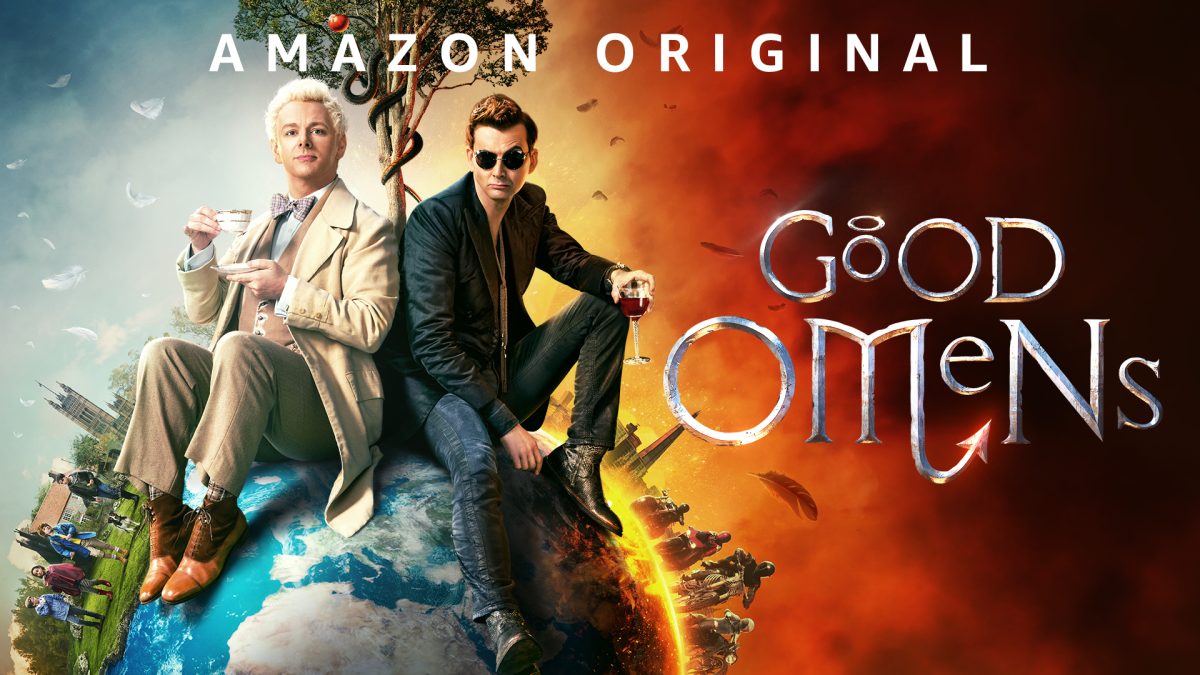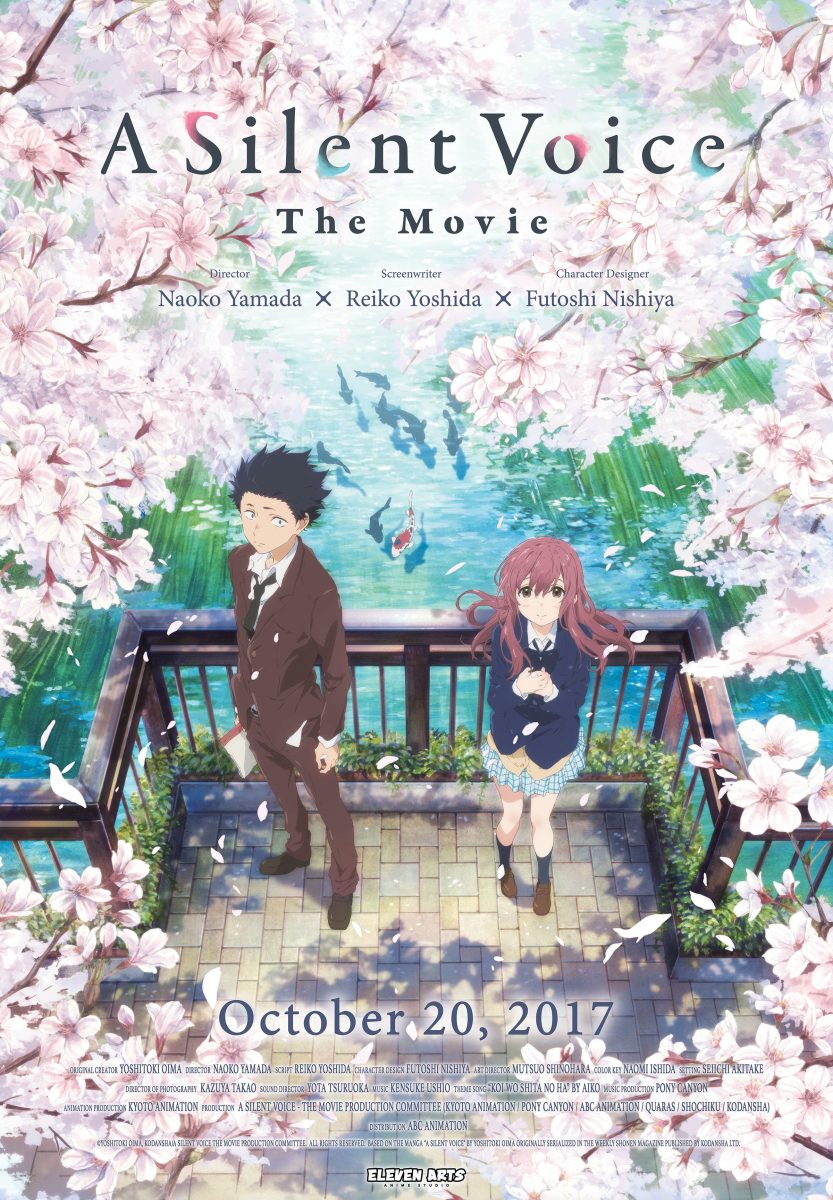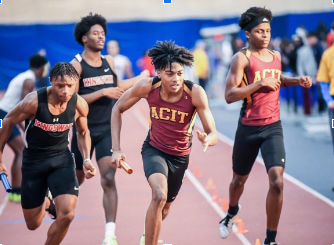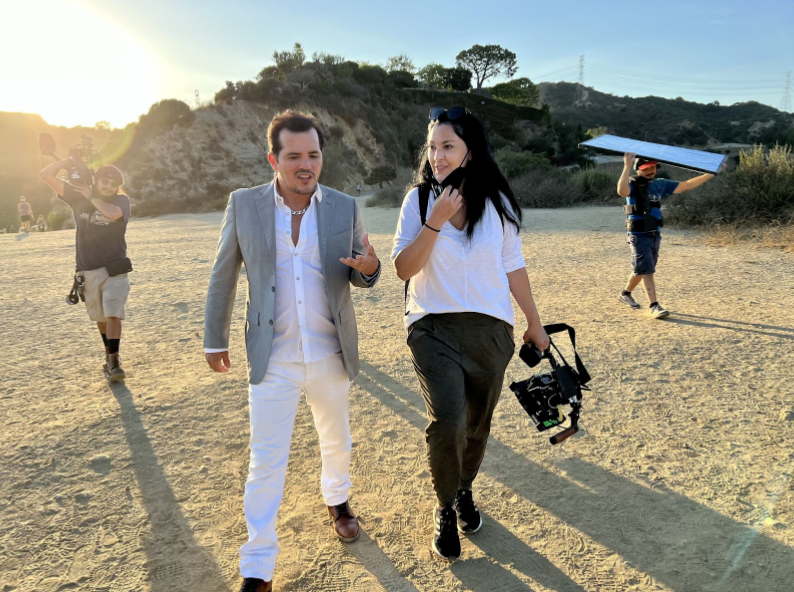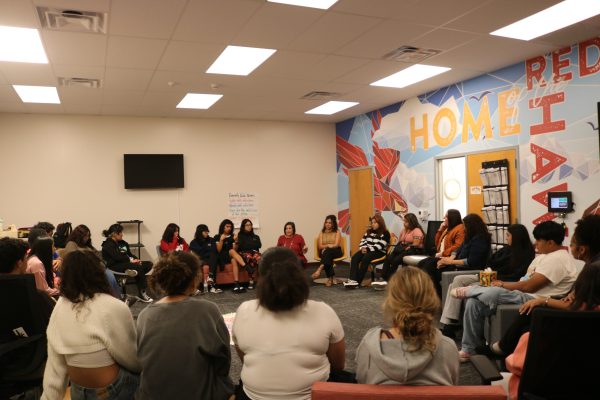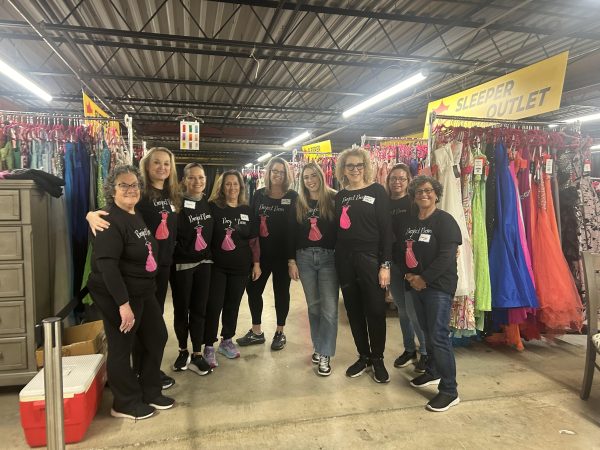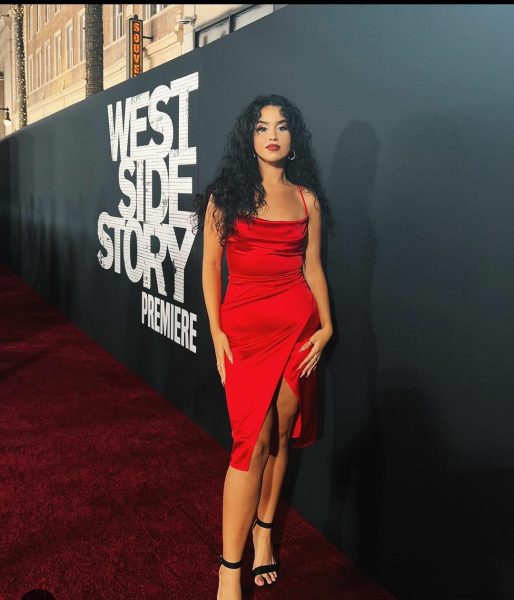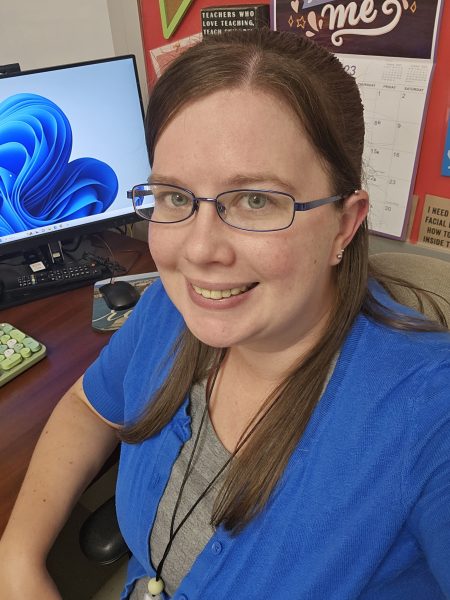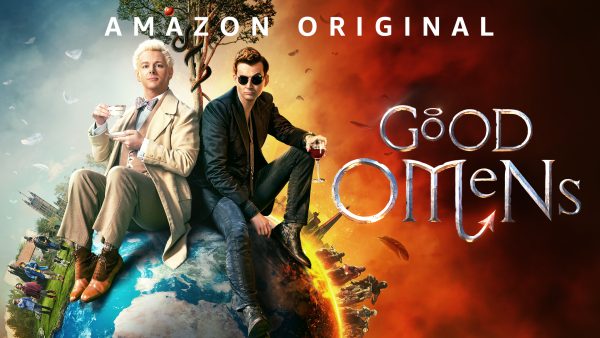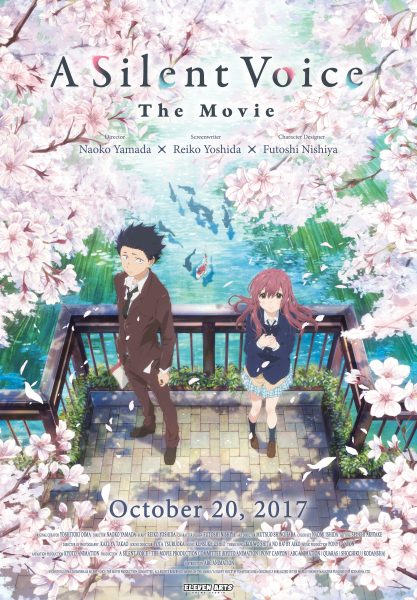From Mays Landing to International Producer
Absegami Graduate, Carolina Saavedra, Shared Stories & Advice From Her Career in Documentary Filmmaking
In Mays Landing, New Jersey, Carolina Saavedra, an executive producer and television creator based in Los Angeles, came to speak to students in the Media Academy at ACIT about the journey to her successful career as an executive producer. Saavedra is known for several documentaries, mentioning her experience producing films such as “Halftime” starring Jennifer Lopez or a TV series called “Made in Mexico” on Netflix.
Saavedra, a Chilean woman born in Chile yet moved to the US at a young age, talks about her strong passion in storytelling through the artforms of television and film.
The start of her love for producing came from senior year in high school in Mr. Piotrowski’s class when it came to finding and telling an incredible story.
Saavedra says, “I always enjoyed being behind the camera more. I liked picking shots, deciding on the framing of that shot, and when featuring a background package, picking those shots and learning how to incorporate music in order to accentuate the emotion, those things excited me.”
After graduating high school, she went to Stockton University and followed a major in Literature/Communications. At the time, there was no film department so instead, she studied about the things she wanted to make films/TV about. She made sure to learn about Latin American History, Women’s studies, Black history, as well as politics, which allowed her to have an extensive knowledge of the subjects she wanted to produce for.
“The limited classes that I was able to take regarding journalism led me to join the college newspaper in order to learn how to do interviews and write”, Saavedra writes.“This would be my saving grace once I left school and had to compete against NYU/Columbia film school grads.”
Having produced major films such as “The Day I Met El Chapo” where she talks about her personal experience in meeting the stars of the show. The director of the project and Saavedra had the opportunity to meet the famous Mexican actress, Kate Del Castillo, and work directly with her in order to tell Kate’s story.
Understanding Kate Del Castillo’s perspective and the tenacious feeling on the first ever meeting with Guzman, the challenge was how could they tell this part of the story, visually. She noticed that through Castillo’s recall, she got nervous when talking about it. In a dark room, they would try and reenact everything Castillo described to be able to understand the situation fully, and through this write an illustrative and vivid script for the documentary.
“Being an actress, she could instantly recall the emotions she was feeling as she was driving down dark dirt roads, and being led into their meeting place”, Saavedra says. “ I proposed we sit her in a black box (black stage) and have her tell the story directly to the camera. In essence, directly to the audience.”
As a producer, writer, director, editor, and story producer, she mentions her job is to always make choices. Most networks, production companies, and studios give a budget and a timeline in order to tell that story and it is her job to make sure everything gets done in that timeframe.
A bit of advice for many aspiring to become as successful in the industry, she encourages them to be curious about the world. The things that can be learned either in school or outside of school may ignite a curiosity or passion within them. She talks about getting out of your comfort zone as much as possible so that you can be as multi-skilled and flexible as you can be, as a person, and later, as a writer/producer/director.
Saavedra says, “The world needs new stories being told by a variety of people. I would encourage people to become confident that their story is worth telling. I know that is not an easy thing to do as confidence first comes from within, and many of us are not taught to be confident, either at home or by society but it’s important. If no one else believes in you, you have to.”
